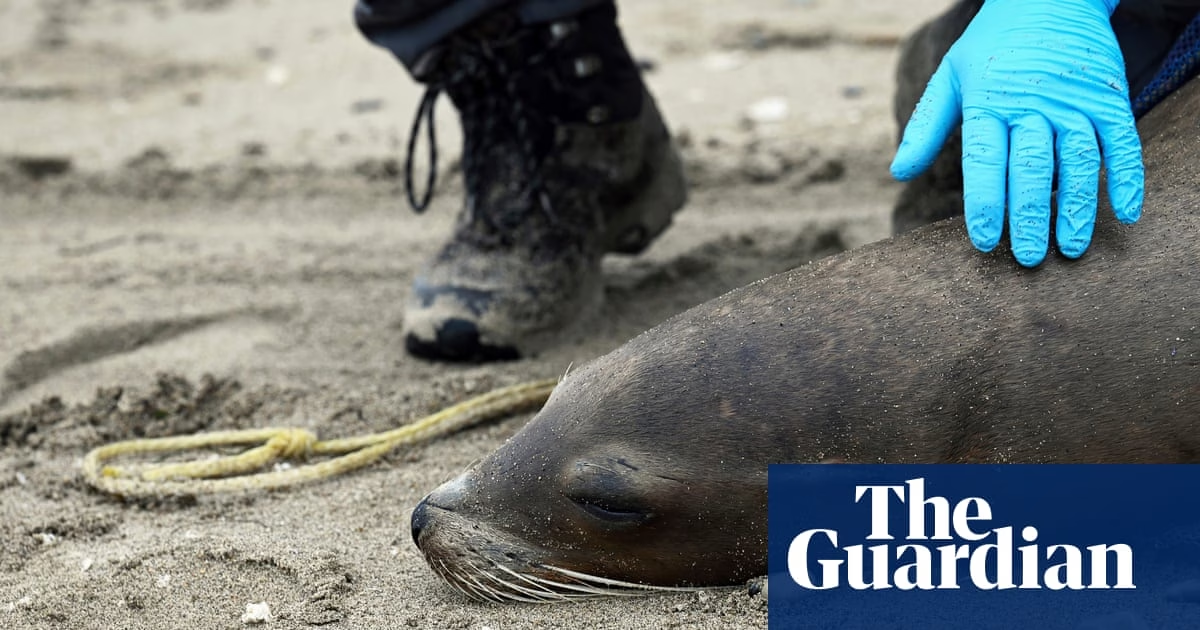The number of marine mammals in California affected by a neurological toxin from algae has increased in the past week, potentially leading to another deadly year for sea lions, seals, dolphins, and larger whales. According to the Marine Mammal Care Center, a rescue facility in Sausalito, California, the facility is currently treating more than 30 animals affected by a toxic algal bloom, with eight animals admitted on Wednesday. This algae bloom off the California coast has been rising in recent years and produces a neurotoxin called domoic acid.
Since 2015, there has been a significant change in the intensity and duration of these blooms, according to Clarissa Anderson, a biological oceanographer at Scripps Institution of Oceanography. She stated that the impacts in the last four years have been severe, affecting sea lions, fur seals, and long-beaked common dolphins.
Domoic acid is a neurotoxin that accumulates in small fish like sardines and anchovies, which are common food sources for marine mammals. It can affect animals and humans by attacking the brain and heart, causing seizures and heart failure. Repeated exposure can lead to more severe and lasting effects.
If sea lions receive care before serious damage occurs, veterinarians can help flush the toxin from their system by administering fluids and providing domoic acid-free fish. Anti-seizure medications are also used to control seizures. Climate change could be contributing to higher levels of domoic acid due to changing water temperatures. The first diagnosed case of domoic acid toxicosis in California sea lions was in 1998, and cases of affected sea lions have been increasing since then.
The extent of the current domoic acid outbreak remains uncertain, but the Marine Mammal Center warned that their resources may become strained if they continue to receive three to five new patients daily. Scientists are trying to understand the cause of these blooms and their increasing frequency, which is primarily funded by the federal government. This funding is currently in jeopardy due to the situation on the Hill.
To make matters worse, this is also the time of year when malnourished elephant seal pups begin stranding along Los Angeles county beaches, which could further hinder the ability for rescue centers to take in new animals. The Marine Mammal Center reminded beachgoers in an Instagram post not to approach stranded marine mammals, as sea lions affected by domoic acid can be aggressive and awaken from a seizure with little notice. Predicting domoic acid events is complex, as it is difficult to forecast when the organism will bloom and produce toxins, and the impact on animals varies.
Source: https://www.theguardian.com/us-news/2025/mar/10/california-coast-sea-lions-algae







